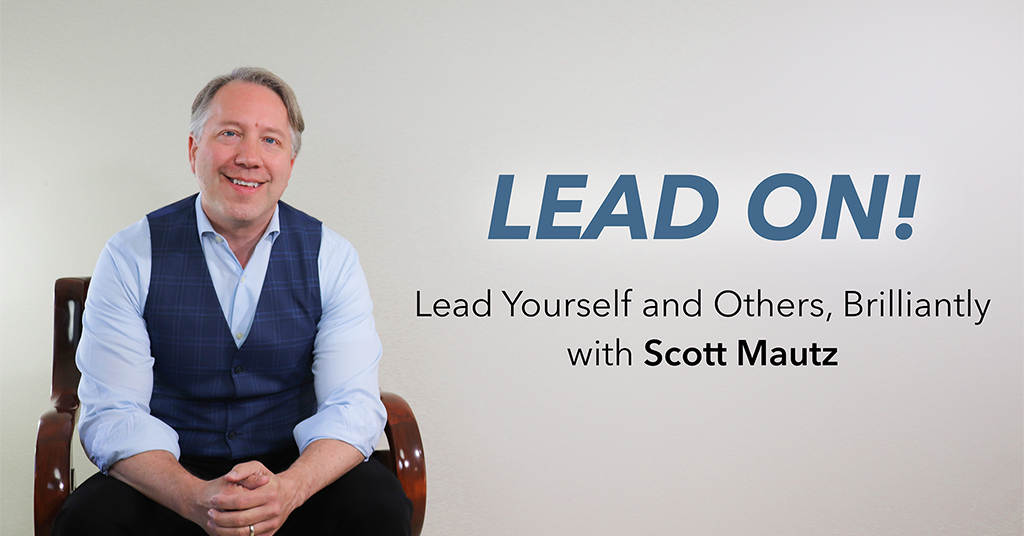
INSIGHTS & IMPERFECTIONS
This week, I’m blending these two sections to share the power of conducting a belief exchange.
We often think of limiting beliefs as toxic and unhelpful, which they are. But they also have a specific value and serve a purpose – to protect you from experiencing pain. So, the key is to exchange your limiting belief with a higher value empowering belief. You must convince yourself that the value you’re deriving from this limiting belief has outlived its usefulness, and that it’s far outweighed by the value of your new, empowering belief. To do so, first question the existence of each of your limiting beliefs (and thus the value of each). Ask yourself:
1. Is this limiting belief truly accurate?
2. How would others question the validity of this belief? How would other high- achieving personae question it? (like a billionaire entrepreneur, pro-athlete, or Nobel-winning scientist?)
3. Was there a time when I didn’t believe this? Why?
4. What are the consequences of sticking with this limiting belief?
Now, pinpoint a replacement empowering belief for each limiting belief. On an index card, write in one column your old, limiting belief, and next to it, the empowering belief you’re exchanging it for. For example:
Limiting Belief Empowering Belief
“I’m not good enough” “I have all the ability I need to succeed”
“Great things don’t happen to “Great things happen to those who put people like me” in the work”
Confirm the value of the replacement empowering belief by asking yourself:
1. How will this new belief help me attain my goals?
2. What about this new belief energizes me?
Keep this card in front of you and make these new empowering beliefs part of a new system or process you develop. Recognize when you’re not honoring the exchange. Do so until your empowering beliefs become an energizing conviction. To learn even more about limiting beliefs, here’s a good resource)
IMPLEMENTATION (one research-backed strategy, tip, or tool)
Working from a distance doesn’t have to feel distant. It can certainly feel that way though. Humans are social animals – the farther apart we are, the more difficult it is to feel close and understand what the other is experiencing. Bridge this gap with an exercise called, 2 Questions: 2 Quests. (It’s part of an upcoming course I’ll be discussing live on Wednesday, February 2nd called “One-Minute Habits for Hybrid and Virtual Working Success”) This specific exercise will help you show empathy in a hybrid-remote environment.
First, 2 questions you can ask yourself to show up with empathy, accounting for sensitivities and struggles especially applicable with hybrid-remote work.
1. Am I being generous in my interpretation of others?
With hybrid work, we see less, physically, of our co-workers. And with an absence of data, our minds fill in the blanks with inaccurate, unhelpful assumptions. So give the benefit of the doubt. Just because you can’t see others doesn’t mean they aren’t working their tails off. Nor does it mean they’re ignoring you or whatever else you’re assuming. Assume the best.
2. Am I slowing down to observe?
Distance from others requires sharper vision to truly see them. Amidst the frenetic pace of constant Zoom meetings, pause to check-in with others. Be aware of their well-being. Pay attention to their tone of voice and body language over the screen. Care enough to inquire, listen, and act on what you hear.
Now, 2 quests to go on to further show empathy.
1. Plan for thoughtfulness
In the fast-paced hybrid workplace, stop to plan for thoughtful acts. Create opportunities for social connection, given the disparate workforce. Broadcast when you’re available to help with problems or to just connect. Pay attention to others’ working boundaries by first asking what they are, and then being mindful to not email, update, and call at times that bend those boundaries.
2. Amplify recognition and encouragement
Especially in a hybrid-remote world, people fear not being seen, heard, or recognized. Compassion gets reflected when you make it a point to recognize and encourage others, frequently. It can be as simple as a celebratory group email or a heartfelt 1 on 1. Recognition creates community, the lack thereof creates loneliness.
Remember these 2 questions and 2 quests moving forward and empathy won’t be far behind.




Leave a Reply